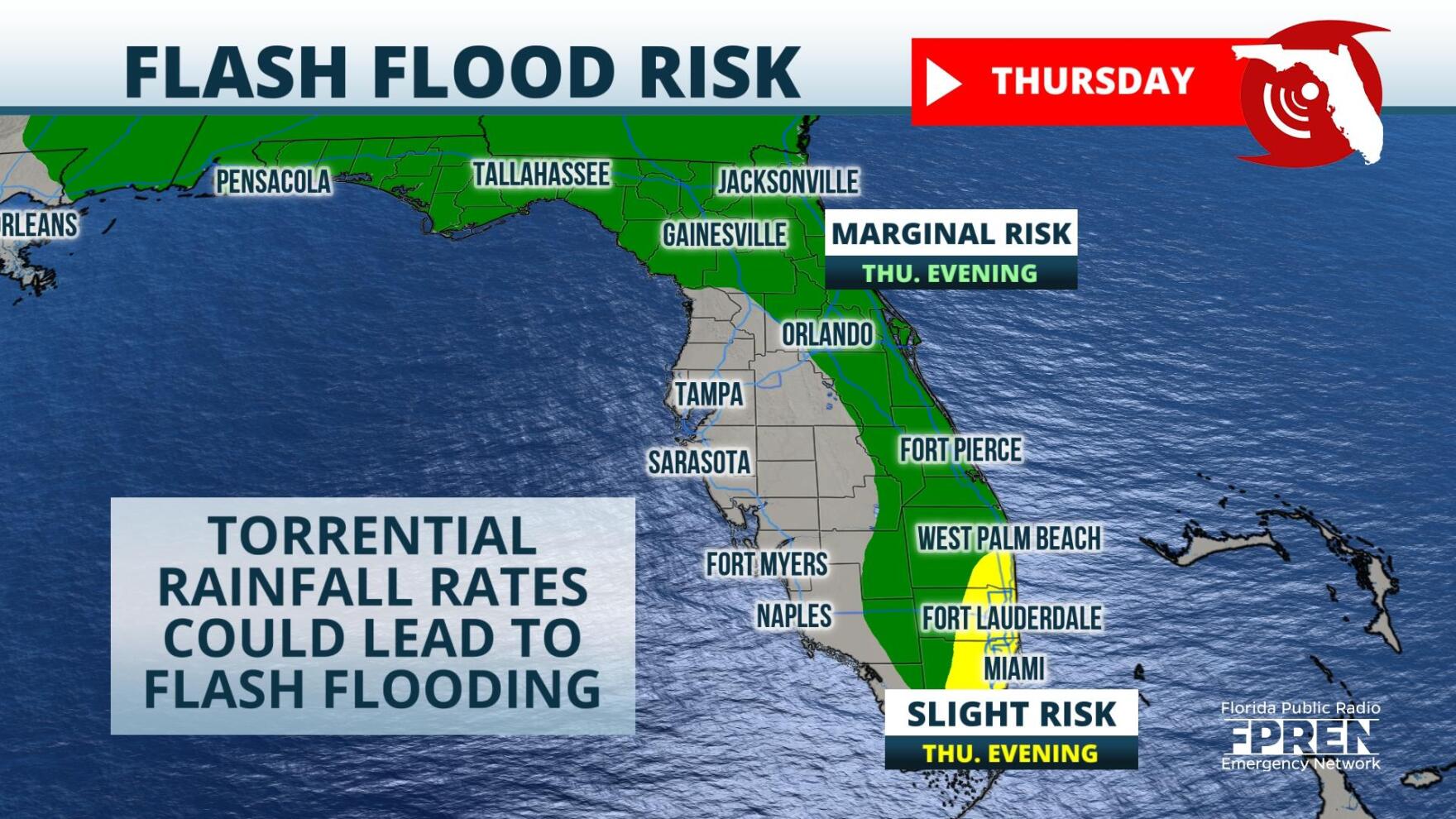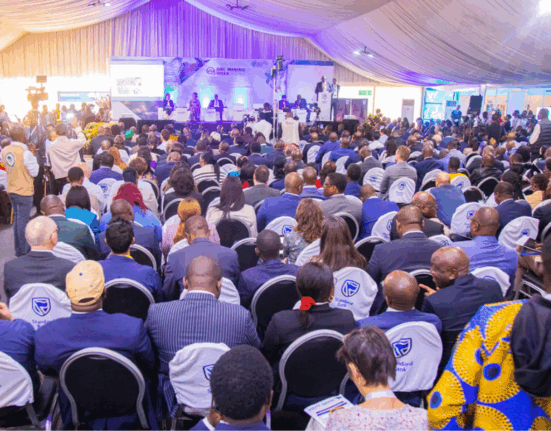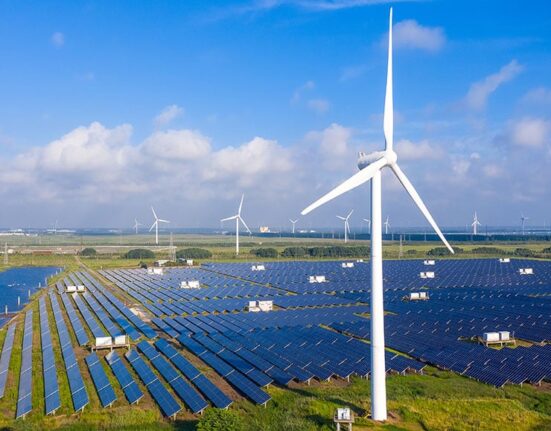Deadly weather events have been wreaking havoc in various parts of the globe, serving as stark reminders of the impact of climate change on our environment. From flash floods in Nigeria to wildfires in Canada, these incidents are not just isolated occurrences but part of a larger pattern that experts warn will only intensify in the coming years.
In Northern Nigeria, prolonged dry spells exacerbated by climate change have led to excessive rainfall, resulting in devastating flash floods that have claimed the lives of up to 700 people. The Associated Press reported on the dire situation, highlighting how vulnerable communities are bearing the brunt of increasingly unpredictable weather patterns.
Meanwhile, across the ocean in Canada, raging wildfires have forced over 26,000 people to evacuate their homes amid heavy smoke that has blanketed vast regions. Prof Colin Laroque emphasized the concerning trend, stating unequivocally that such disasters are indicative of a “new normal
” shaped by climate change impacts.
The extreme weather isn’t limited to these regions alone. In northeastern India and China’s Yunnan province, heavy rainfall triggered flash floods and mudslides, leading to loss of life and widespread damage. These incidents underscore the global nature of climate-related disasters and serve as urgent calls for action to address environmental challenges collectively.
Amidst these natural calamities, policy decisions play a crucial role in shaping our response to climate change. The Trump administration’s move to open up Alaska’s pristine Arctic wilderness for drilling and mining activities has raised concerns about conservation efforts and sustainable resource management. Additionally, debates around science integrity and policymaking have come into focus with discussions on imposing stringent controls on scientific research within federal agencies.
As nations grapple with these pressing issues, technological advancements offer glimmers of hope for a cleaner energy future. Meta’s long-term commitment to nuclear energy for powering its operations signifies a shift towards low-carbon alternatives among tech giants. Similarly, England’s mandate requiring solar panels on new homes reflects efforts towards promoting renewable energy sources at a grassroots level.
On a broader scale, global investments in clean-energy technologies are projected to reach $2.2 trillion by 2025 – double the anticipated amount for fossil fuels. This significant shift underscores growing recognition of the need to transition towards sustainable energy solutions that can mitigate greenhouse gas emissions and combat climate change effectively.
Amidst the challenges posed by escalating climate risks, innovative approaches like Japan’s ‘Cool Biz’ campaign offer valuable insights into reducing energy consumption and fostering sustainable practices. Introduced two decades ago as a response to rising temperatures during summer months, Cool Biz revolutionized workplace attire norms by promoting casual dressing as a means to curb air conditioning usage.
What started as a government initiative soon gained traction across industries and society at large through its simple yet impactful message: “
No jacket,
no necktie.” By setting new standards rather than focusing solely on individual behavior changes,
Cool Biz succeeded in ingraining sustainable practices within Japanese culture.
Atsushi Watabe from Japan’s Institute for Global Environmental Strategies highlighted how societal norms played a pivotal role in driving adoption
of Cool Biz,
underscoring
the importance
of historical factors
and industry
support
in effecting
meaningful change.
He noted,
“Norms
and values don’t just exist – they come from histories of standards,
regulations,
and building research.”
This nuanced approach offers valuable lessons for sustainability initiatives globally,
highlighting how cultural shifts can drive lasting environmental impact beyond traditional policy measures.
By leveraging social dynamics and embracing innovation,
communities worldwide can work towards building resilient ecosystems while mitigating climate risks effectively.









Leave feedback about this